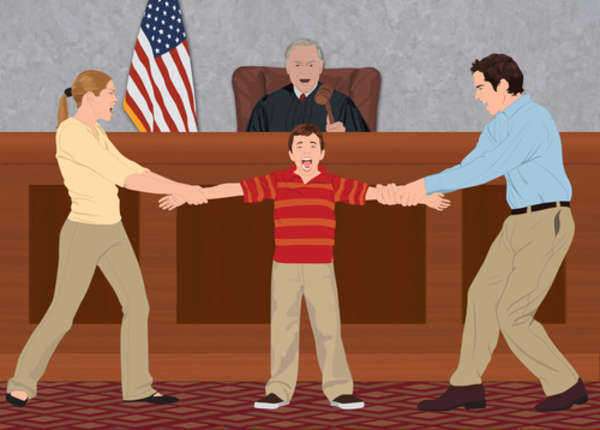Facts You Must Know About Joint Legal Custody
Although physical custody lacks legal terminology, it has very real legal implication. Physical custody is often used to denote the living situation of the child in question, rather than the jurisdiction over decision making on behalf of the child awarded to the respective parent or parents. Some states will use the term primary physical custody when granting custody rights to parents and it is used when the judge grants true joint physical custody to the parents, awarding one parent the primary physical custody of the child. As a result, joint legal custody allows both parents the ability to make decisions on behalf of their child. Physical custody can also refer to a non-custodial parent who has visitation with the child.
Primary physical custody for a child does have its benefits. This gives the child a chance to get to know each parent equally in all aspects. Whereas, a non-custodial parent who has visitation rights, often sacrifices certain family dynamics with their child, this type of custody allows each parent to enjoy the prior status of their respective parent-child relationship.

Oftentimes in the case of joint legal custody in tandem with nondescript physical custody, both parents retain the right to maintain legal jurisdiction over decisions and choices made on behalf of the child, yet the primary residence of the child in question is subject to vary. An potential answer to this problem is the splitting of physical time spent with each respective parent. However, there are disadvantages as well. The disadvantage of this type of custody is that the child has to bear the burden of picking up their life and starting again in a new location a couple times a year. This is often quite stressful and disturbing for the child, especially if the child is still very young and does not understand why they must travel to see the other parent.
Upon making a decision in regards to a custody settlement, the ramifications of all possible scenarios need be explored. In many cases of divorce, both parents might experience difficulties resigning their respective beliefs with respect to the well being of their child. However, regardless of the individual beliefs or opinions of the respective parents, a collective decision to place the best interest of the child , or children, in question must be uniform.